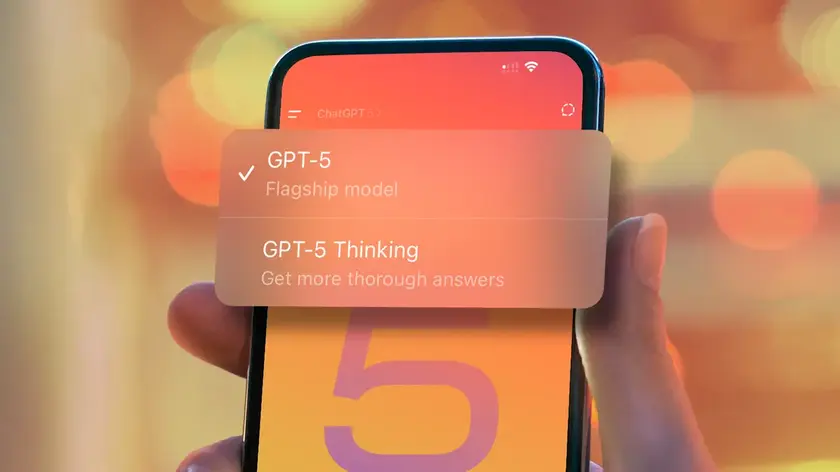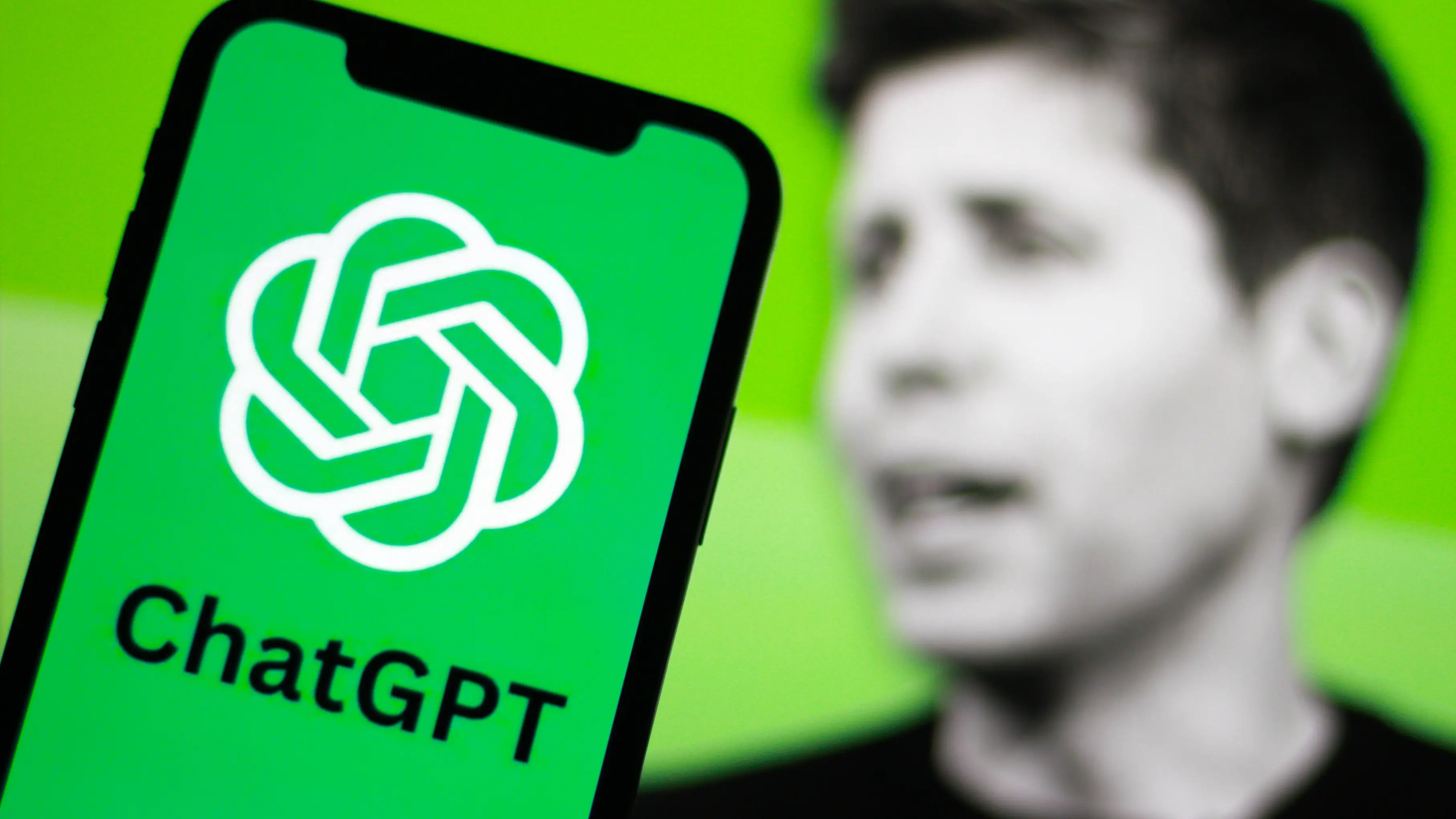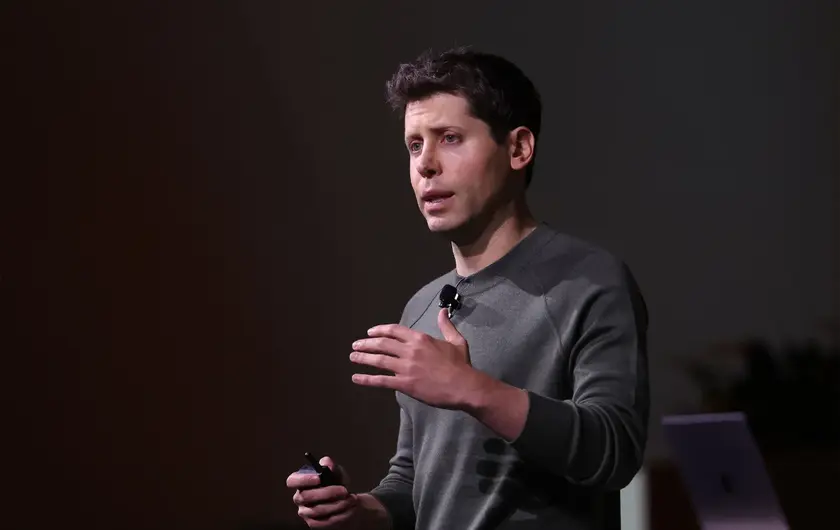T4K3.news
GPT-5 voice mode expands access and voices
GPT-5 adds advanced voice mode for free use and lets users choose AI personalities, but practical limits remain for research and privacy considerations.

A look at GPT-5 voice mode and what it means for everyday use.
GPT-5 Voice Mode Changes How We Talk to AI
I tested the advanced voice mode in GPT-5, which now lets free users access higher usage and choose from voices and personalities. The voice sounded natural, with breathing pauses and a casual cadence, and it could pick up where we left off thanks to memory improvements. It even tried to be empathetic, asking how I was and acknowledging the car accident I mentioned. The experience shows how AI can simulate a friendly, humanlike conversation and remove the friction of typing.
Yet the test also revealed limits. It sometimes glossed over factual detail, offered marketing language about stores instead of precise options, and did not provide links or sources with voice responses. It may be useful for brainstorming or quick chats but not a substitute for in-depth research. The broader potential worry is that empathy can mislead users who may treat AI as a therapist or confidant.
Key Takeaways
"A friendly AI voice can soothe but blur the line between tool and confidant"
Empathy in AI voices raises trust questions
"Voice mode is a nice option not a replacement for rigorous research"
Not ideal for deep or precise work
"Memory makes chats feel familiar and privacy questions follow"
Memory feature prompts privacy considerations
The shift to voice mode marks a turning point in everyday AI use. It invites more natural interactions but risks blurring lines between tool and tutor. Its memory feature helps continuity but raises privacy concerns; we must consider how data is stored and used. The existence of a legal challenge around OpenAI adds a legal undercurrent that invites scrutiny of how these features were trained and rolled out.
Policymakers and designers should demand transparency on voice data, sources, and the limits of memory. For users, the benefit is convenience, but the caution is that empathy can mislead and that not all information is verifiable through a voice chat. In short, convenience comes with responsibility for both platforms and users.
Highlights
- A friendly AI voice can soothe but blur the line between tool and confidant
- Voice mode is a nice option not a replacement for rigorous research
- Memory makes chats feel familiar and privacy questions follow
Public reaction and legal concerns around AI voice mode
The piece touches on user comfort in public spaces and potential backlash around talking to AI in public, plus a disclosed lawsuit by Ziff Davis against OpenAI. The combination of privacy, marketing language, and the potential for misinterpretation of AI as a helper raises questions about how these tools should be used and regulated.
As AI voice tools become more common, clear expectations and safeguards will matter just as much as clever software.
Enjoyed this? Let your friends know!
Related News

OpenAI launches GPT-5 with innovative features

OpenAI Launches GPT-5 Today

Hell is Us demo patch notes out now

Google reveals AI advancements at I/O 2025

OpenAI tackles GPT-5 rollout issues

Israeli Forces Face Allegations of War Crimes

GPT-5 rollout stalls as legacy models return

Tomb Raider Remastered Patch Adds Golden Pistols on Switch
